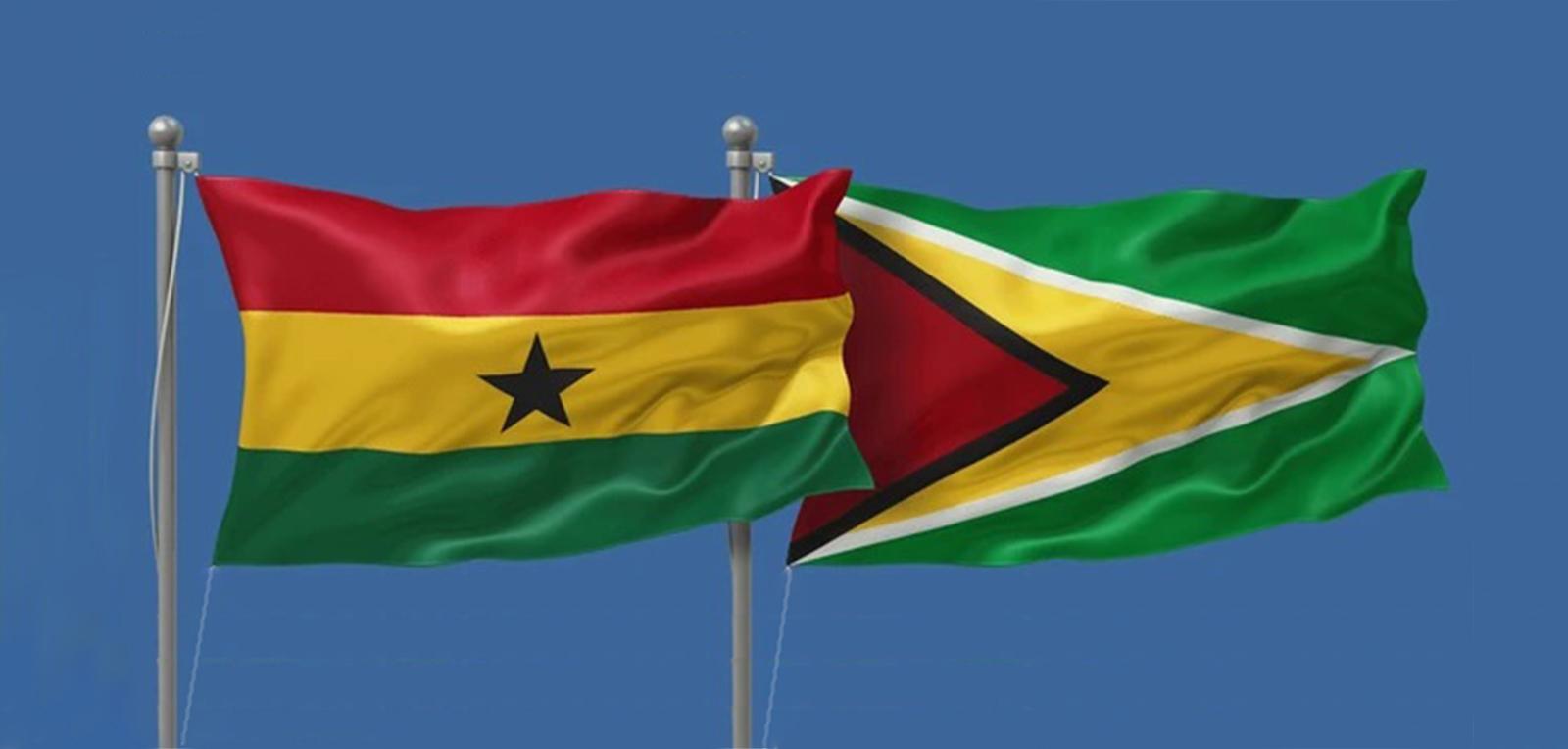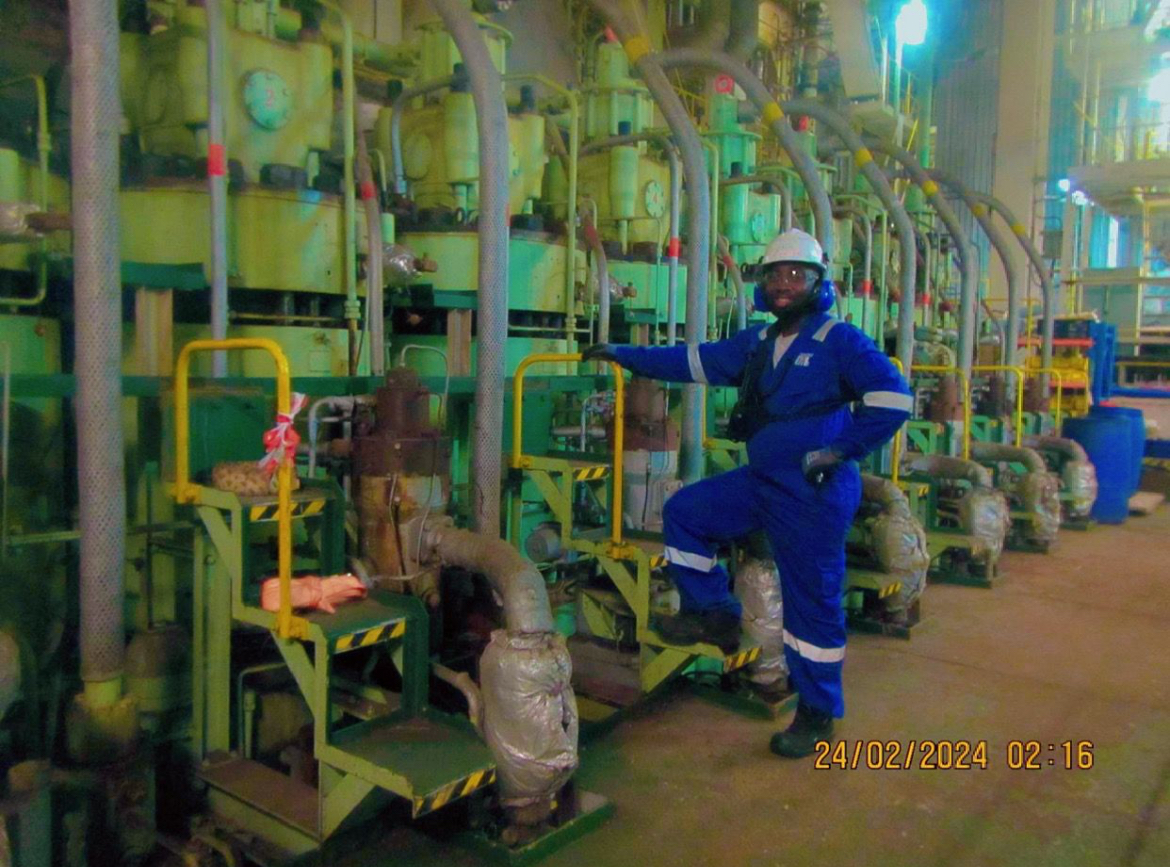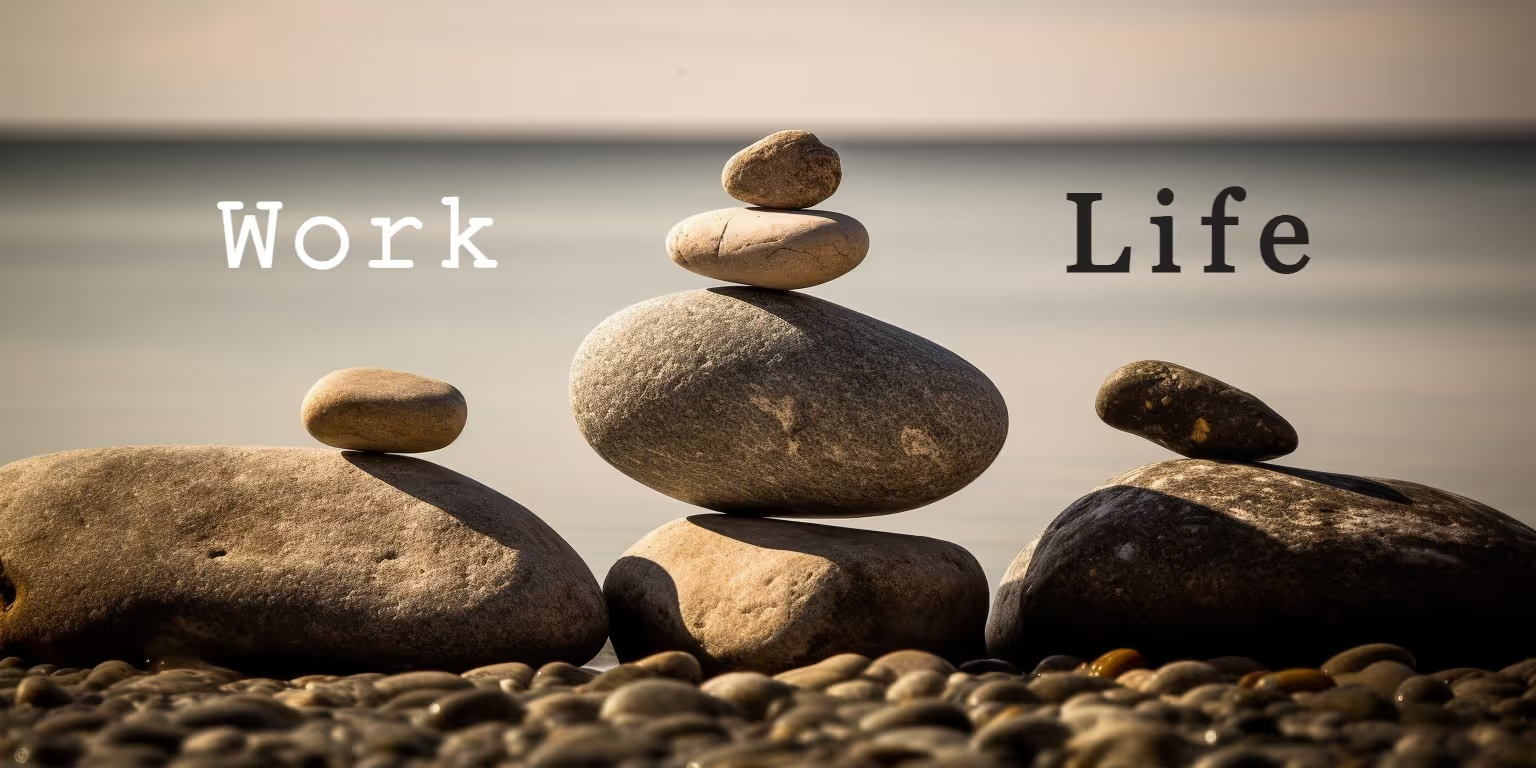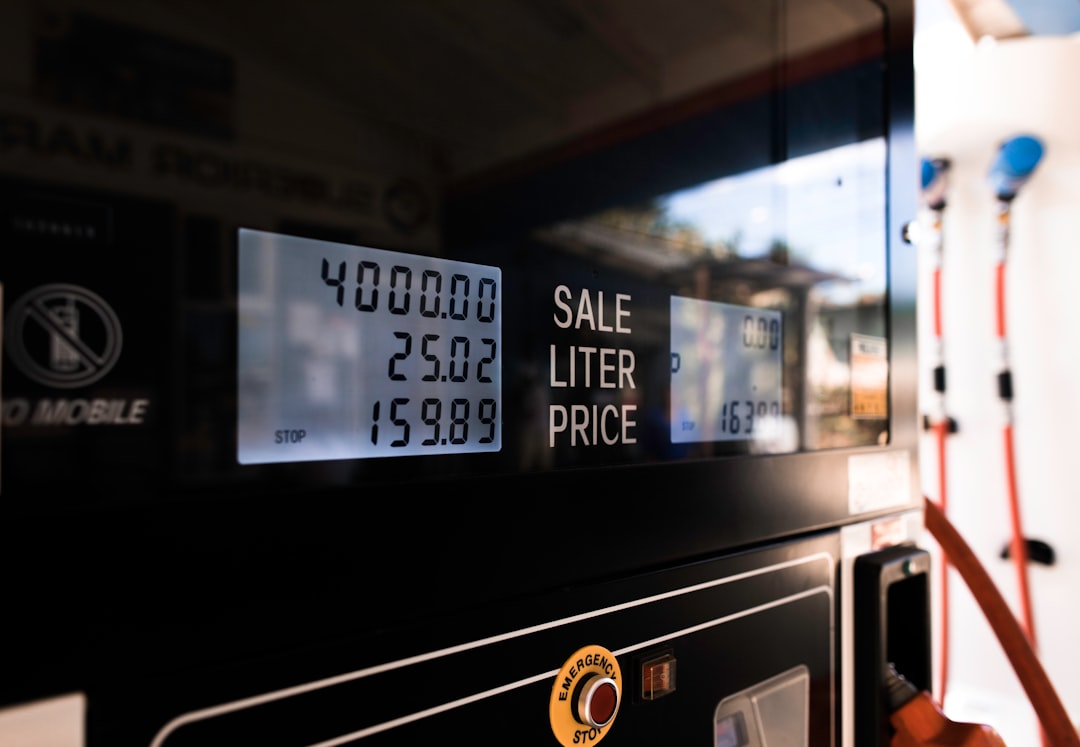Let’s take a fun, unexpected detour across the Atlantic to explore a pair of siblings you didn’t know you had in the oil and gas family: Ghana and Guyana. Yes, they’re both pronounced in a way that makes you do a double-take, and yes, they both hit the oil jackpot in recent years. But beyond their names, these two nations have been sharing secrets like a pair of best friends discovering they both have a crush on the same thing: oil and gas.
Once upon a time, in a tropical land of cocoa beans and kente cloth (that’s Ghana), the earth shook—not from an earthquake, but from the discovery of sweet, sweet crude oil in 2007. The whole country was doing the azonto dance because, finally, they could add “oil-rich” to their list of national achievements. Fast forward a few years, and on the other side of the Atlantic, Guyana, known for its rich biodiversity and cricket mania, found its own black gold in 2015. It was as if Guyana had glanced across the ocean, noticed Ghana’s newfound wealth, and said, “Hey, we want in on that too!”
But here’s where it gets interesting: both countries found themselves in a similar predicament—how to manage this newfound wealth without repeating the so-called “resource curse” that has plagued other nations. So, like any younger sibling would, Guyana looked up to Ghana for some guidance.
Oil and Gas Policies: Sharing the Playbook
Ghana, being the older oil sibling, has had its fair share of trials and errors. When they discovered oil, they were determined not to let it slip through their fingers. They quickly put together the Petroleum Revenue Management Act (PRMA), like a responsible adult setting up a savings account as soon as they got their first paycheck. Ghana’s focus was on transparency, sustainability, and ensuring that the oil wealth benefited the entire nation—not just a few well-connected individuals.
Guyana, eager to learn from Ghana’s lessons, took notes. When Ghanaian officials made diplomatic visits to Georgetown, it was like a masterclass in “Oil Management 101.” The Guyanese took inspiration from Ghana’s policies, particularly in terms of creating frameworks to ensure that the oil money doesn’t just end up fueling corruption but actually drives development. Of course, this is easier said than done, but Guyana was ready to give it the ol’ college try.
Local Content: The Battle for a Seat at the Table
One of the most crucial lessons Ghana learned was the importance of local content—making sure that the locals, not just foreign experts, benefit from the oil industry. Ghana set up laws that ensured Ghanaians were not just bystanders watching oil rigs pump their wealth into the hands of foreigners. They wanted a piece of the action! Guyana, once again following Ghana’s lead, is making sure that its own people get a slice of the oil pie.
But here’s where it gets humorous. Picture this: a group of Ghanaian oil experts visiting Guyana, all decked out in their traditional kente cloth, sitting down with Guyanese officials in their straw hats, both nodding seriously while trying to figure out how to get their citizens involved in this complex industry. The scene could almost be mistaken for a cultural exchange program—except instead of trading food recipes or dance moves, they’re swapping strategies on oil rigs and revenue management.
Diplomatic Visits: The Buddy System in Action
Diplomatic visits between these two nations have been like reunions of long-lost cousins. When Ghana’s President Nana Akufo-Addo visited Guyana, it wasn’t just a courtesy call—it was a strategic move to strengthen ties and share valuable knowledge. The discussions weren’t about mundane topics like weather or cricket scores; they were about how to navigate the tricky waters of oil wealth management.
These visits have been more than just diplomatic formalities. They’re a testament to how these two nations are serious about learning from each other. Guyana, in particular, has been eager to avoid the pitfalls that Ghana has either sidestepped or stumbled into. It’s almost as if they’re saying, “Ghana, you’re the older sibling—we trust your judgment. Now, let’s make sure we both win at this oil game.”
What Has Guyana Learned?
In the grand scheme of things, Guyana is still the rookie, but with Ghana’s mentorship, they’re quickly getting up to speed. They’ve learned the importance of setting up a solid legal framework before the oil dollars start rolling in. They’ve realized that local content isn’t just a buzzword but a crucial component of sustainable development. And they’ve seen firsthand the benefits of transparency and good governance—or what happens when those things are lacking.
In the end, this budding relationship between Ghana and Guyana in the oil and gas sector is like watching two friends who just discovered they have the same taste in music. They’re vibing, learning from each other, and making sure they don’t make the same mistakes that others have made in the past.
So, the next time you hear about oil and gas, don’t just think about the Middle East or Texas. Remember that across the Atlantic, two nations with almost rhyming names are navigating the tricky but promising waters of oil wealth—together, and with a healthy dose of humor and mutual respect.




